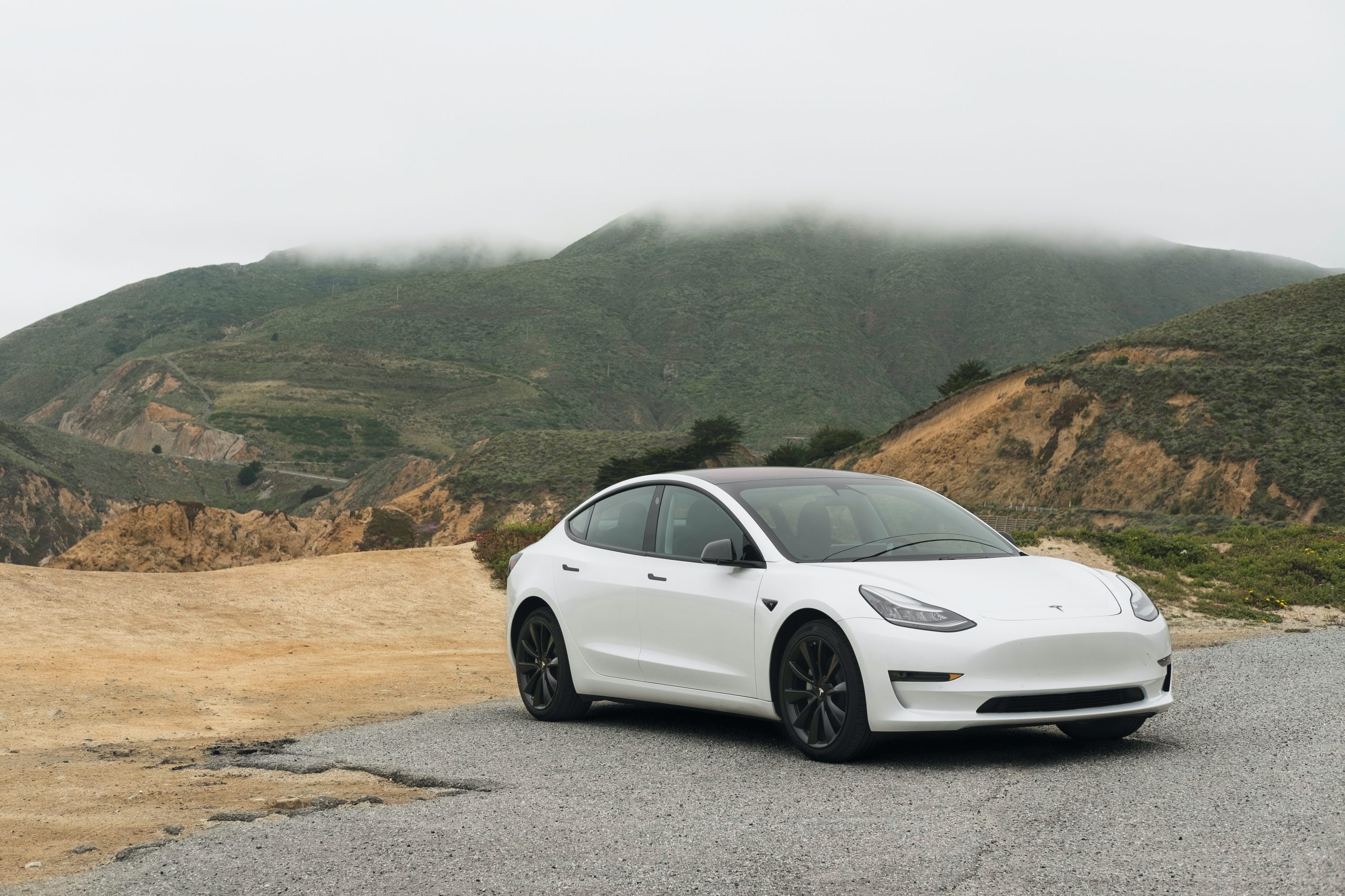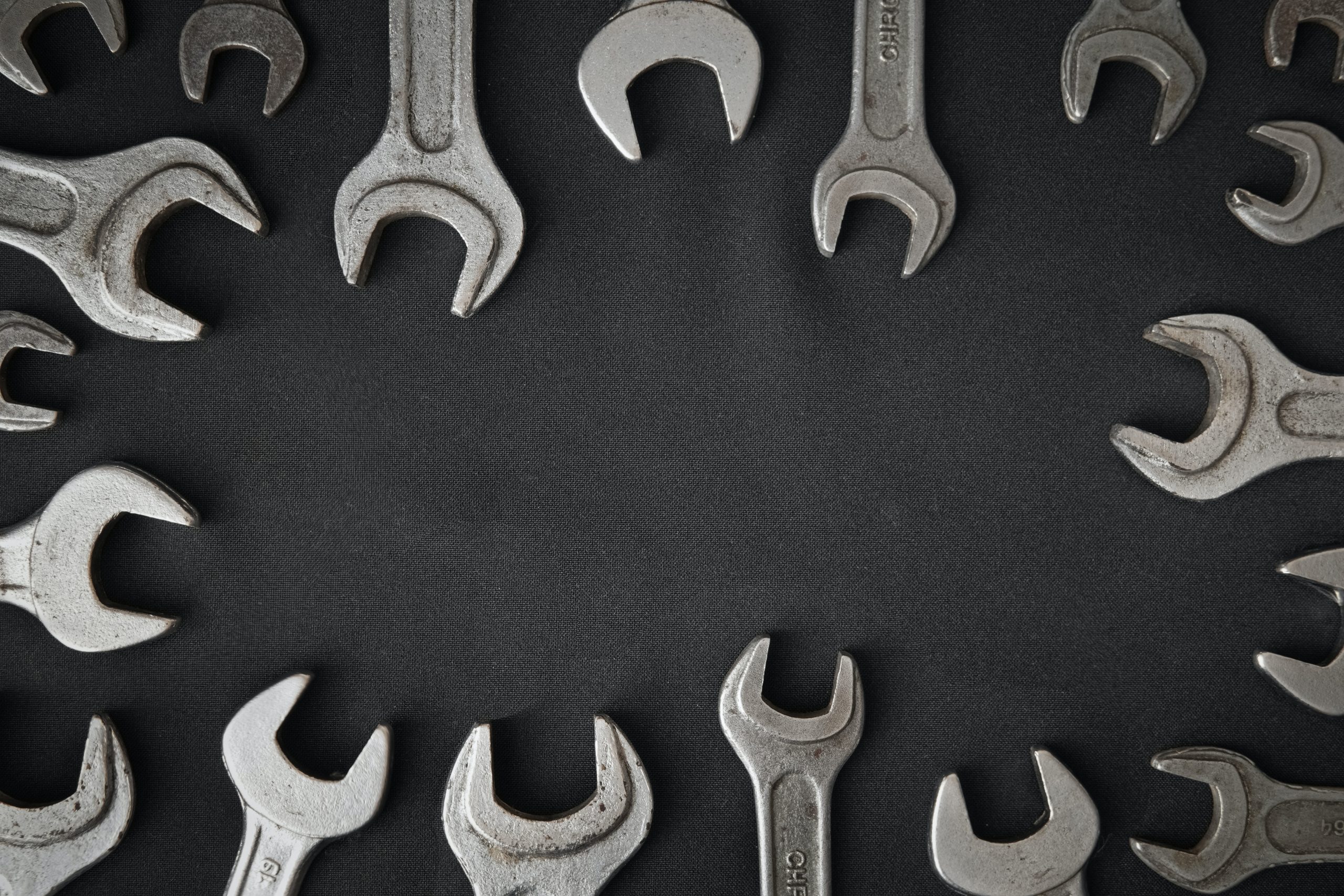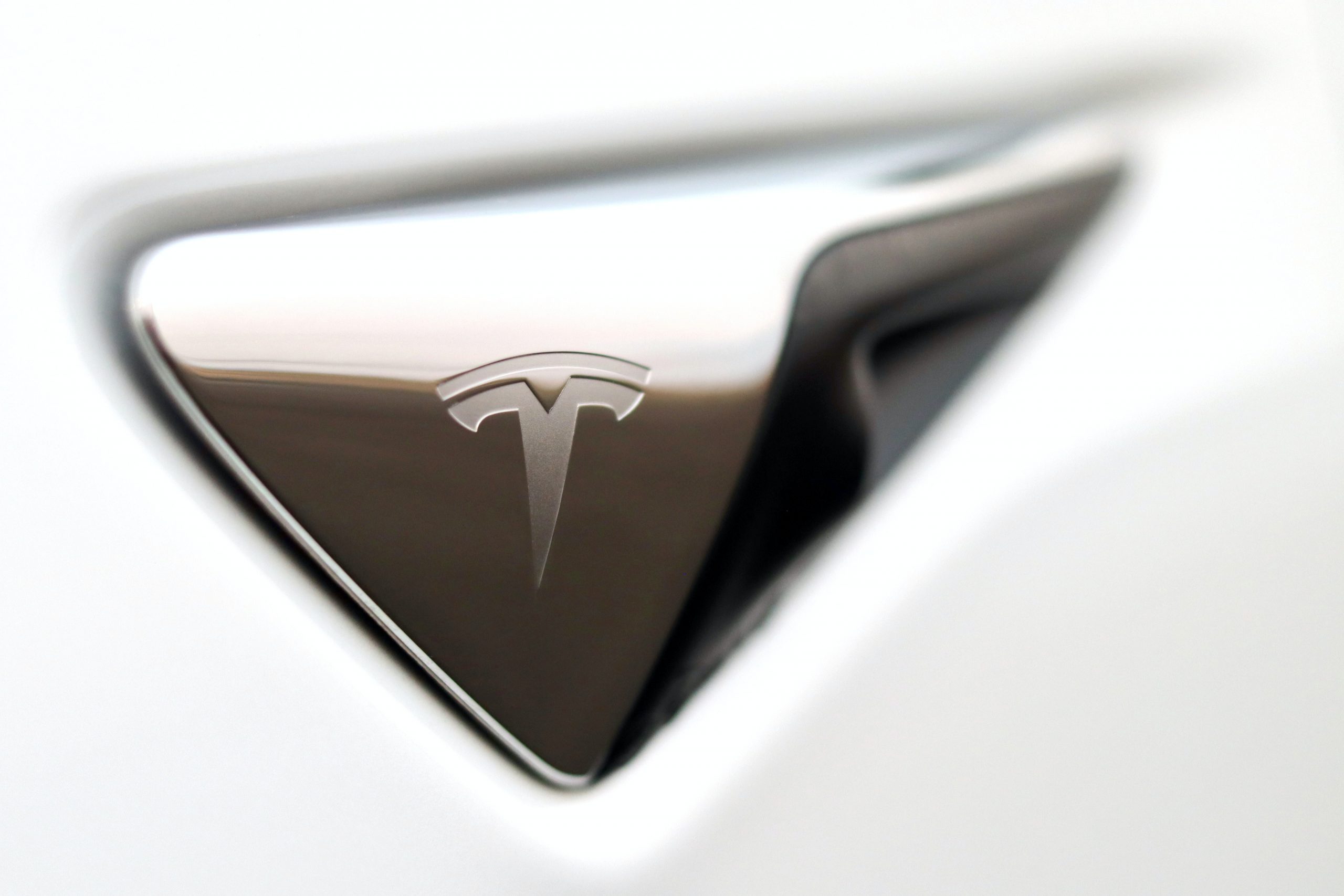Welcome to the latest edition of the EV Universe Electric Newsletter #020, your go-to source for all things electric vehicles!
In each edition, we take a closer look at the exciting developments in the EV world and dive into the latest news and trends shaping the industry. From the latest makes and models to advancements in electrification, to innovative accessories and technologies, we’ve got you covered.
Join us on this journey. Let’s explore the future of sustainable transportation and its electrifying impact on our world. In this edition, we are covering Tesla victory over autopilot in court ruling, Tesla direct delivery from Shanghai factory, and the impact of EVs on auto mechanic industry.
“Tesla’s Autopilot Feature Cleared of Defects in California Court Ruling“
- Tesla’s Autopilot Feature Clears First Legal Hurdle in California Court. A California state court jury recently ruled in favor of Tesla, clearing the automaker’s Autopilot feature of any defect in the first trial related to a crash involving the partially automated driving software. Justine Hsu had alleged that her Tesla Model S swerved into a curb while on Autopilot, causing severe injuries. Despite Hsu’s claims, the jury awarded zero damages to her and found no evidence of intentional nondisclosure of facts by Tesla.
- Tesla’s Autopilot and FSD Face Regulatory and Legal Scrutiny. Tesla’s Autopilot and Full Self-Driving (FSD) system have faced regulatory and legal scrutiny, with the company facing numerous legal challenges related to the technology. CEO Elon Musk has touted FSD as crucial to Tesla’s future, but the company continues to face investigations from the US Justice Department and the National Highway Traffic Safety Administration.
- Tesla Wins First Legal Battle Related to Autopilot Feature. The Hsu case underwent a three-week trial that included testimony from three Tesla engineers. Although the verdict is not legally binding for future cases, it is believed to serve as a bellwether for similar cases that may arise in the future. Despite the outcome, some experts caution that Tesla’s technology is “far from becoming fully autonomous.”
- Tesla’s Autopilot Feature Not Defective, Rules California Court Jury. The recent ruling in favor of Tesla by a California state court jury marks the first trial related to a crash involving the automaker’s Autopilot feature. The jury found no evidence of intentional nondisclosure of facts by Tesla and awarded zero damages to Justine Hsu, who had alleged that her Tesla Model S swerved into a curb while on Autopilot, causing severe injuries.
- Tesla’s Autopilot Feature Deemed Safe in California Court Ruling. Despite regulatory and legal scrutiny, Tesla’s Autopilot feature has cleared its first legal hurdle. The California state court jury found no evidence of a defect in the Autopilot system and ruled in favor of Tesla in the lawsuit brought by Justine Hsu. Although the verdict is not legally binding for future cases, it offers insights into how similar cases may be perceived by juries in the future.
Looking for your next EV?
VIEW LISTINGS
“Tesla Begins Exporting Model Y to Canada From Its Shanghai Factory”

- Tesla Begins Production of Model Y in China for Export to Canada. Tesla has started producing a version of the Model Y in its Shanghai factory to export to Canada. This marks a significant milestone as it is the first time Tesla is shipping cars to North America from China. This move aims to connect Tesla’s most cost-efficient factory to North America, which is also its largest market. This decision also shows that Tesla is expanding its manufacturing footprint and is committed to global operations.
- Tesla’s Cheaper Model Y Variant Available in Canada. Tesla is now offering a new, cheaper version of the Model Y in Canada, priced C$10,000 lower than the long-range version available in that market. This new, rear-wheel-drive variant of the Model Y will be available for delivery between May and July. Both the cheaper and the long-range version of the Model Y qualify for incentives of C$5,000 on purchase or a four-year lease in Canada, making it an attractive option for customers.
- Tesla’s Shanghai Factory Uses Lithium-Iron Phosphate Batteries for Model Y Production. Tesla’s Shanghai plant uses lithium-iron phosphate batteries for the Model Y version produced there for sale in China and export to Europe and other markets. These batteries are known for their durability and safety, making them a popular choice for electric vehicles. However, at Tesla’s factories in Texas and California, the automaker has been rolling out a more powerful battery configuration known as 4680, which is expected to offer better performance and longer range.
- Tesla’s Expansion into the Canadian Market. Tesla’s decision to export the Model Y from China to Canada highlights the automaker’s expansion into new markets. The Canadian government’s EV incentive program mandates that a base model for an SUV has to be under C$60,000 to qualify for the subsidy of up to C$5,000. With the introduction of the cheaper Model Y, both it and Tesla’s C$69,900 long-range Model Y qualify for the incentive, making it an attractive option for Canadian customers looking to buy an EV.
- Tesla’s Competitors Also Exporting EVs from China. Tesla is not the only automaker exporting EVs from China. Renault exports the Spring, an entry-level hatchback EV to Europe under its Dacia brand, while BMW exports the iX3 from China to Southeast Asia and Europe. China’s overall car exports grew four-fold between 2020 and 2022 to top two million vehicles and are on track to top three million this year if the first-quarter pace is sustained. This highlights the potential of the Chinese market as a global manufacturing hub for automakers.
Find the best parts for your EV here.
SHOP PARTS
“The Electric Vehicle Revolution: How It’s Impacting Auto Mechanics and the Future of the Industry“

- Shift to Electric Vehicles: The American auto industry is undergoing a significant shift towards electric vehicles, driven by both consumer demand and government regulations. President Joe Biden aims to make two-thirds of all new cars in the U.S. electric by 2032, with major manufacturers like General Motors planning to stop making internal combustion engine vehicles entirely by 2035. This evolution will impact not just drivers but also mechanics, as EVs require different skill sets and may reduce future demand for traditional automotive service technicians.
- Fewer Parts, Lower Costs: The rise of EVs means fewer parts to fix and lower maintenance costs for owners, making it more challenging for mechanics to make a living. According to AAA, traditional vehicles on average cost $949 a year to maintain, while electric vehicles cost $330 less. EVs require less frequent repairs, with no oil to change or filters to replace, no cooling systems to keep an engine from overheating, and brakes that still need to be replaced, but not as often as traditional cars.
- Limited Future Demand: The increasing prevalence of EVs may limit future demand for mechanics, with the Bureau of Labor Statistics forecasting little or no change from 2021 to 2031 for automotive service technicians. California, with the largest number of automotive technicians and 39% of all EVs in the U.S., has already seen the impact of EVs on these jobs, with a drop of over 13% in the number of licensed independent auto shops since 2014.
- Retraining Mechanics: With EVs requiring an understanding of computer programming more than nuts and bolts, mechanics will need to be retrained to work with the new technology. Wake Tech, North Carolina’s largest community college, has made it mandatory for all transportation students to take an introduction to electric vehicles class, with 1 in 4 students continuing EV-specific training. However, not all industry veterans are willing to adapt to the changes, which could result in a shortage of skilled mechanics.
- Highly Sought After: EV-trained mechanics are in high demand and are usually paid more than traditional technicians, making this an attractive career choice for young people who want to work in tech and green jobs. The shift towards EVs is an opportunity for new and current mechanics to learn new skills and stay relevant in the auto industry. As the adoption of EVs continues to increase, it’s crucial for mechanics to adapt to the shift and keep up with the new technology.
Categories:





